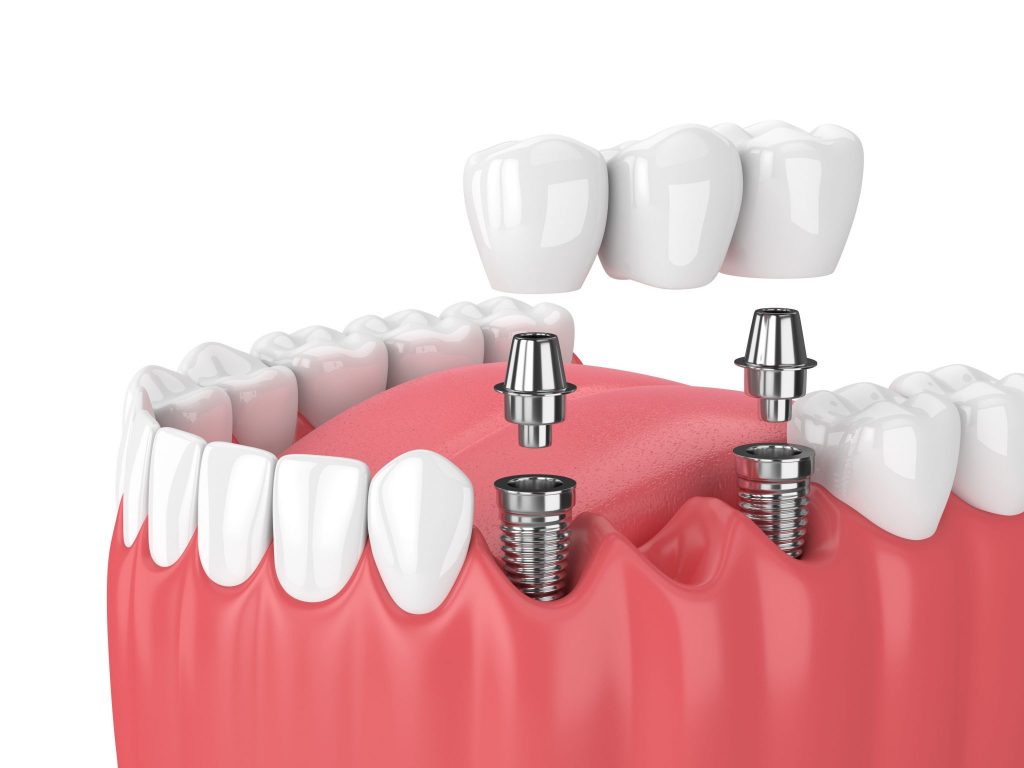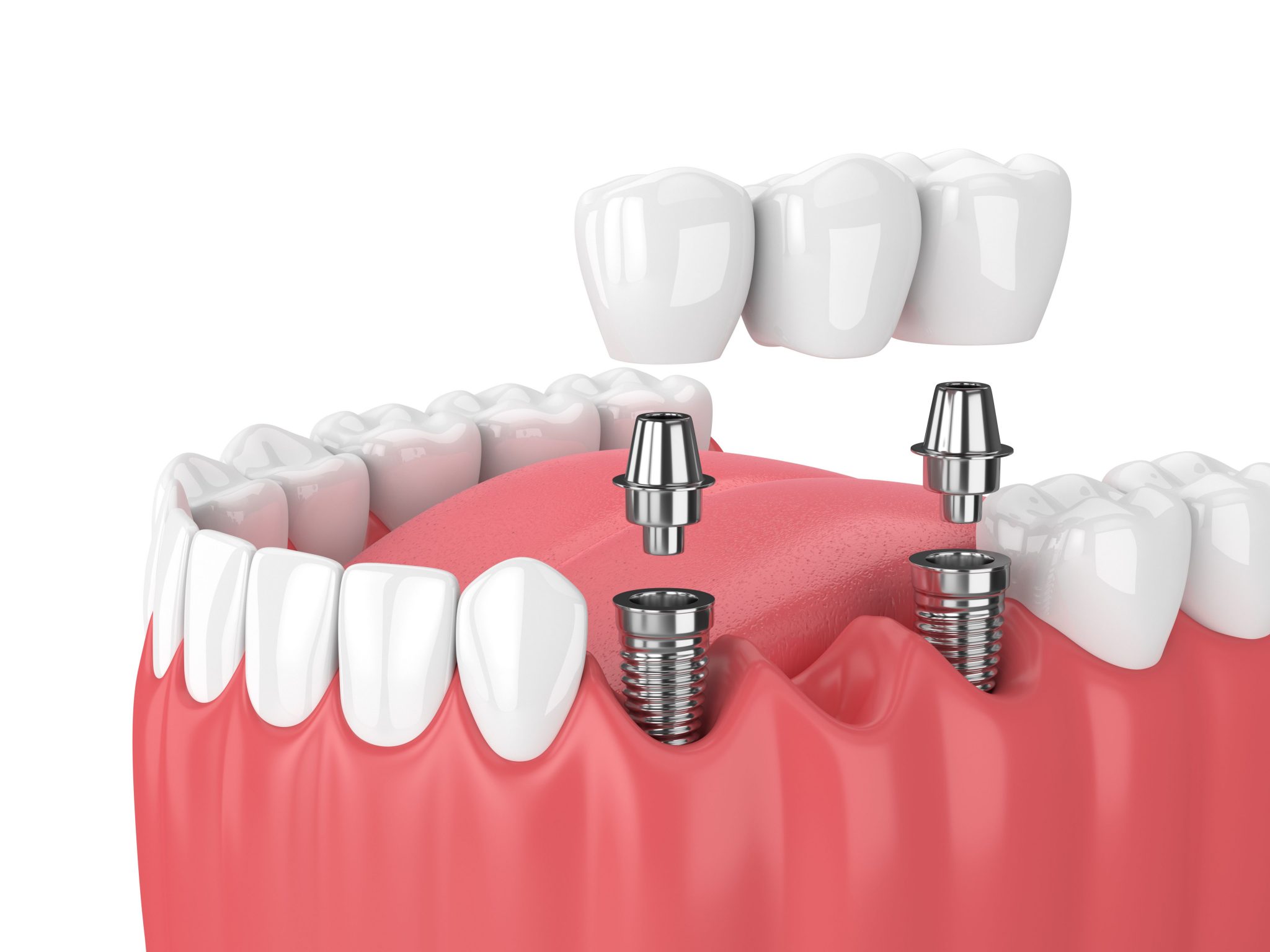
Whether you’re doing it to enhance your features or replace a broken tooth, dental implants help fill in any gaps in your smile. A dental implant is a medical procedure wherein the periodontist replaces the natural tooth roots with metal. While it might sound painful, the patient will feel little or no pain at all during the procedure.
After you get your dental implants Mississauga, your priority should be your full recovery. Don’t go running back to your old routine just yet. The week after your procedure should be a week of rest, healing, and utmost care. Below are some post-care tips and instructions for your dental implant procedure:
1. Help Minimize Bleeding
One of the first things that your periodontist will advise you right after your dental implant surgery is to help minimize the bleeding on your gums. You can expect less blood in this procedure compared to tooth extraction, but since the implants fill the gap, bleeding is still highly anticipated and should be limited.
To minimize bleeding, you should try to bite down on a gauze pad on top of the site for at least thirty minutes. Carefully remove it afterwards You can reapply when necessary. However, if you notice that the bleeding is getting severe, you should call your periodontist Mississauga right away as it could be a sign of infection. Moreover, you should also avoid touching the implant site with your finger or tongue as this may cause more bleeding.
2. Eat Softer Food
To avoid adding pressure on your new dental implants, you should switch to a soft, healthy diet, like replacing your regular steak with soup. While it may not be the most delicious food, these surely help your recovery. For your week’s menu, you can begin to add soft foods such as soups, mashed potatoes, yogurt, pudding, smoothies, and applesauce. Along with this, you shouldn’t forget to hydrate your body as much as possible.
Try to avoid biting down on the implant site during your meal times, no matter how soft the food is. The more you avoid touching the area, the quicker your recovery will be. Furthermore, it would be best to avoid eating foods that have seeds or have a firm component. Avoiding sugary and acidic foods would also help prevent possible complications and keep your nutritional levels high.
3. Brush With A Soft Bristle
Even with a dental implant, you shouldn’t neglect your oral health. While it might feel painful and uncomfortable to brush your teeth, you should do it to avoid plaque buildup and remove any dirt on the enamel of your teeth. In the meantime, replace your old toothbrush for one with a soft bristle. You can go back to your regular toothbrush after two weeks of recovery.
Apart from switching to soft bristles, you should also give your electric brush a rest as their vibration and movements can cause bleeding or move the dental implants. Along with this, you should also practice gentle brushing to prevent adding force to your implant site. While it might not satisfy your hygiene, you can always floss afterward.
4. Limit Physical Activities
Consider dental implants as surgery, no matter how minor your procedure was. Prioritize your recovery period after your dental implant surgery. You should avoid doing any physical activities as it could add pressure to your body, especially your gums. Excess pressure can cause your gums to bleed and dislodge blood clots, slowing down your healing process, or worse, causing the need for reimplantation.
After your surgery, you should avoid physical activities, such as lifting heavy objects and working out. To keep your body moving, you can always take a walk, but try not to go beyond that. You should also avoid sucking movements such as sipping on a soda, smoking, or rinsing your mouth. Overworking your body during the healing process can slow it down, along with causing more blood flow.
5. Have Regular Dental Checkups
Make sure to get a follow-up checkup with your dentist after your recovery period. They can check if you are healing well or need any additional care.
Your dental implant surgery is not the cure-all for your dental woes. To maintain healthy teeth and gums, you must schedule regular checkups and cleaning procedures with your dentist. With proper care and consistent follow-ups, your dental implants can last you a lifetime.
The Verdict
Dental implants Mississauga can help you achieve your best smile ever. With the proper care after the surgery, they can stay in your mouth permanently. After your full recovery, treat your dental implants as your regular teeth to keep them in their best shapes.
